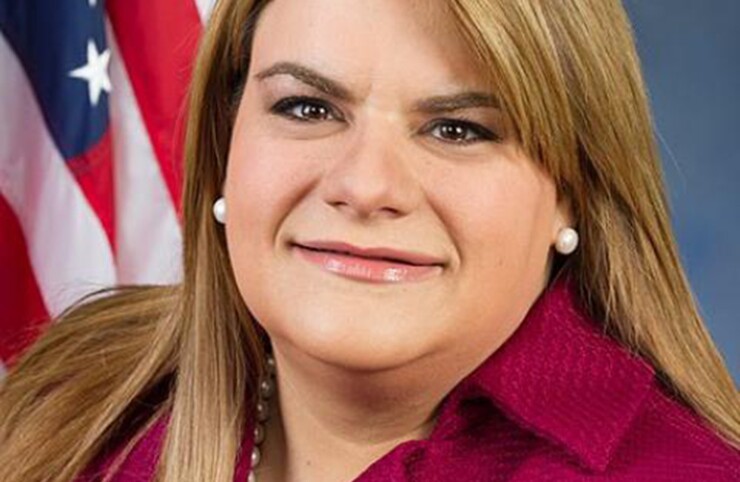Several members of Congress introduced a bill to permanently raise the
The rum cover, a tax on rum sold in the 50 states, provides a revenue stream supporting USVI matching fund bonds and Puerto Rico Infrastructure Finance Authority rum bonds.
The rate had been raised to $13.25 per proof gallon for several years to help after hurricanes devastated the area in 2071, but when the increase expired in August, the U.S. Office of Insular Affairs said the rate would return to $10.50.
If the tax was held at that level, it would cost the USVI government $60 million per year, according to USVI Sen. Janelle Sarauw, who added that would threaten the financial stability of the USVI government.

In February USVI Gov. Albert Bryan Jr.
Two members of Congress submitted a bill in July to permanently raise the rate
Sen. Bob Menendez, D-N.J., Sen. Bill Cassidy, R-La., introduced the new bill Tuesday in the Senate, while Rep. Jenniffer González Colón, R-P.R., and Rep. Stacey Plaskett, D-V.I., submitted it in the House of Representatives.
"Our rum industry in Puerto Rico has great economic impact, more than 70% of the rum that is consumed here in the United States, and 80% of the rum consumed around the world is made in Puerto Rico," González Colón said. "Annually, we receive more than $330 million from the rum excise tax cover-over, which has been vital to supporting critical services, including healthcare, education, and public safety, and funding environmental and other conservation initiatives. This increase is vital to address uncertainty both Puerto Rico and USVI have experienced, including funding cliffs on several occasions, and ensure resources continue reaching our community."
In August, Moody's Senior Credit Officer Thomas Aaron said, "The reduced rum tax cover-over rate makes less money available to contribute to [the USVI Government Employees' Retirement System], and contribution inflows are critical to the solvency of GERS."
Should GERS run out of assets, the islands' government "cannot likely afford the cost of paying pensions in their entirety to retirees while concurrently delivering core governmental services and paying debt service," Aaron said. "Since it is politically unlikely that the USVI would prioritize debt service over retiree pensions, lower contribution inflows to GERS are credit negative."





